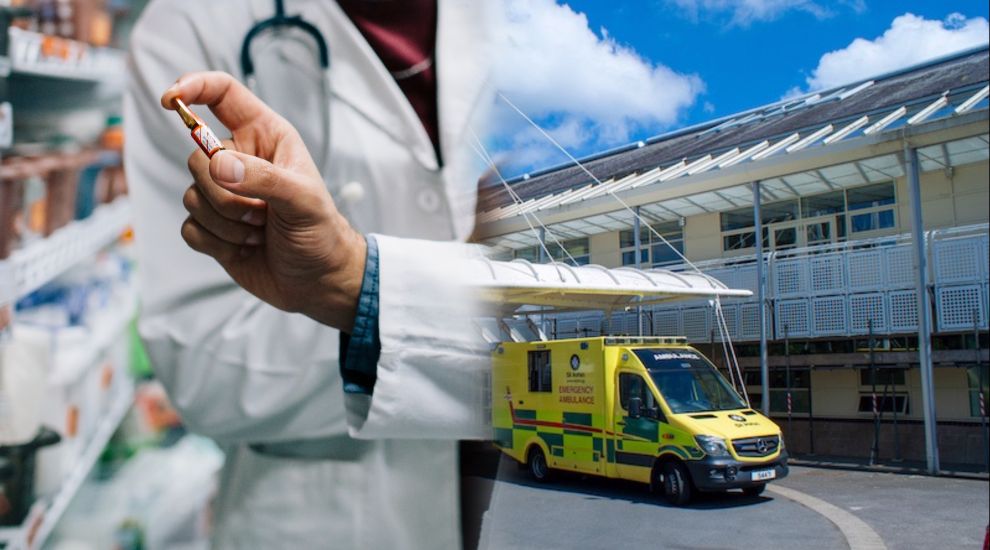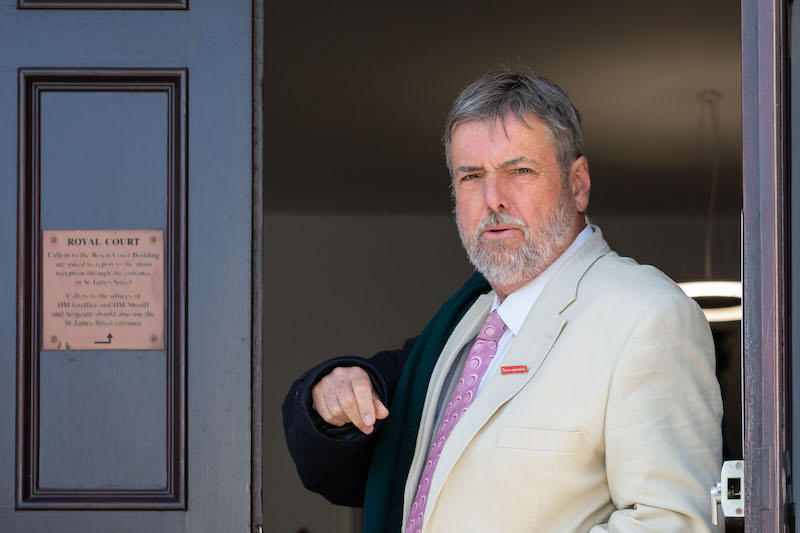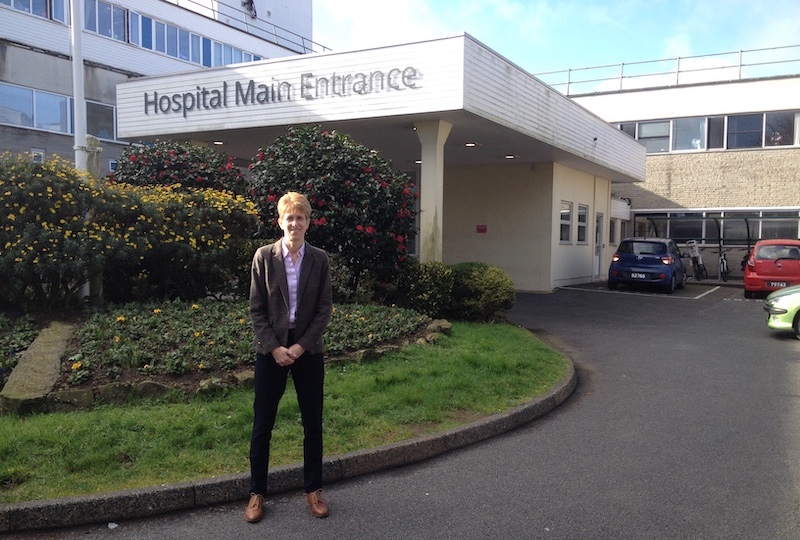


Government has overwhelmingly voted to fund new drugs, treatments and devices which will benefit 3,000 people - however the politicians in charge of the purse strings have warned it will come at a cost.
For years there has a gap between the treatment available to Guernsey and UK patients with lobbyists saying that a long list of NICE-approved drugs that are available to UK patients would be refused to a Guernsey patient unless they had private medical insurance or funding.
Deputy Peter Roffey, whose requete led to Health & Social Care's successful review, said the island had brought shame upon itself by historically refusing to fund medicine approved by the National Institute of Health and Care Excellence.
"This is not going to be an end to health care rationing, there is and always will be healthcare rationing and it will always be an emotional area as there will always be a need for hard-headed judgements," he said.

Pictured: Deputy Peter Roffey has been fighting for the approval of NICE drugs for a number of years.
"But this situation has gone beyond prudence, it has become unacceptable and become borderline cruel.
"That has now been highlighted and accepted by those responsible for this area of policy, and today we have the chance to finally end what has become something of a national disgrace for Guernsey."
HSC President Heidi Soulsby said local healthcare was facing many pressures, but said Guernsey could not afford to get any further behind in this area.
Her committee's policy letter was successful by 38 votes to 1.

Year 1 will see the introduction of Technical Appraisals with an ICER of up to £30,000 and Year 2 should introduce further drugs and treatments with an ICER of up to £40,000, with a review set to take place after two years.
The costs, which are estimated at £5.6m in Year 1 and £8.3m from Year 2, are set to be funded from the Guernsey Health Reserve until a long-term funding mechanism is found.
Policy & Resources Vice-President Lyndon Trott supported the proposals but forewarned that, with HSC not able to fund it from their own budget, P&R would likely to have to propose income tax increases in a future Budget to pay for the drugs going forward.

Pictured: Deputy Heidi Soulsby led the proposals, which were almost unanimously approved by the States.
This echoed comments made by his committee in a letter of comment ahead of debate, where Deputy Gavin St Pier said an on-going cost of between £8m and £12m per year "would require an increase in revenues equivalent to a 0.5% to 1.0% increase in the headline tax rate, or a 50% increase in all TRP rates."
Deputy Soulsby argued against this, saying it was disingenuous to say that a tax rise would be necessary.
We have got a surplus from General Revenue that would be more than enough to cover this," she said.
The only States member to reject the policy letter was Deputy Shane Langlois, who had serious concerns with the fact that no long-term funding model had been agreed. He believed HSC would end up relying on the Guernsey Health Reserve for funding, which he could not support.
Comments
Comments on this story express the views of the commentator only, not Bailiwick Publishing. We are unable to guarantee the accuracy of any of those comments.